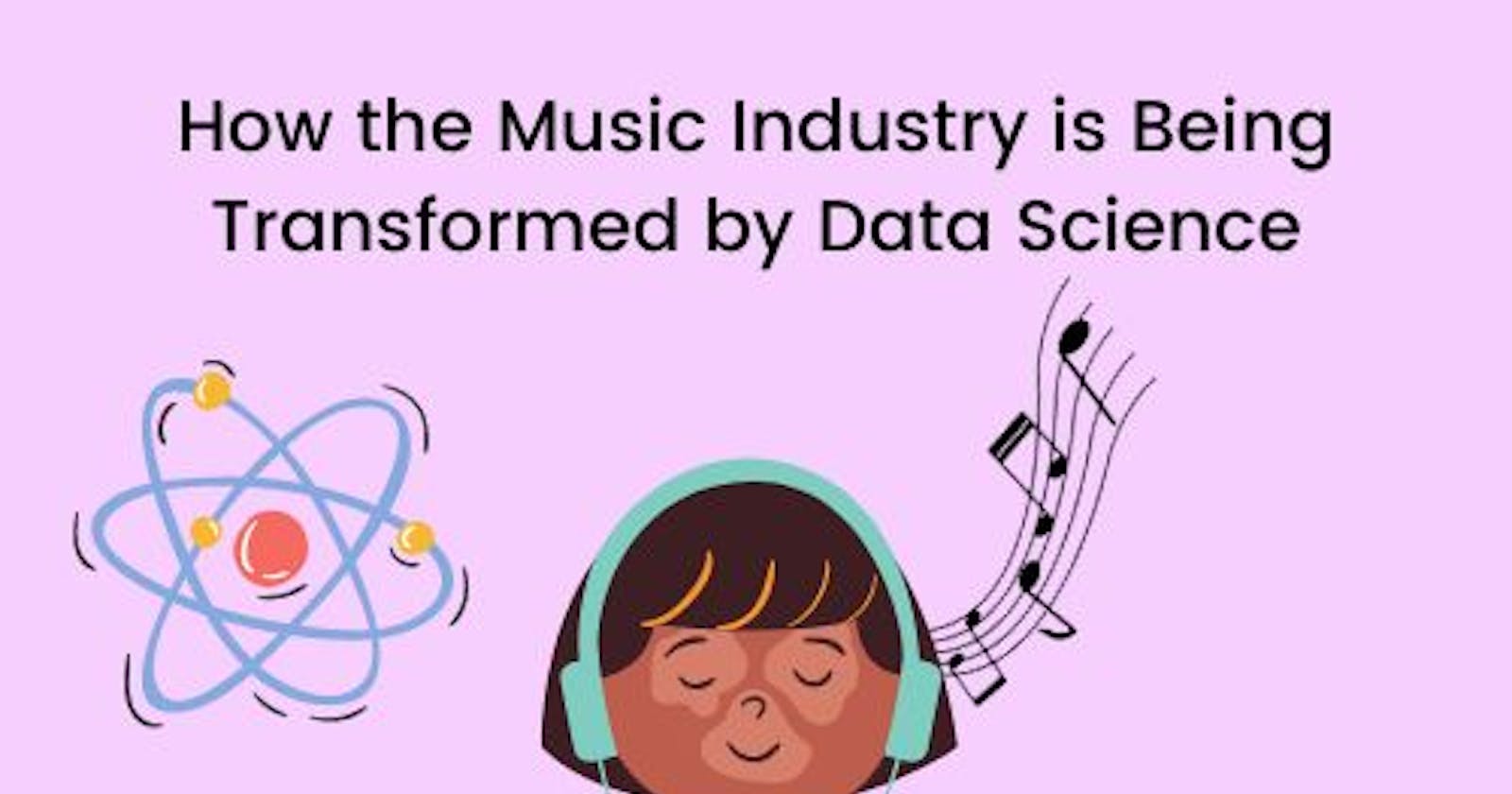Throughout cultures and borders, music is a universal language that connects people. Music has been an integral part of human civilization for centuries, inspiring creativity, fostering emotional connections, and shaping cultural identities. In recent years, however, the music industry has significantly transformed due to the rise of digital technologies and the internet. Data science has played a critical role in this transformation, empowering musicians, record labels, and music streaming services to harness the power of data to create better music, engage audiences, and drive business growth. This is why data science techniques have been very useful in a myriad of industries. Refer to an online data science course in Pune, to master such techniques.
Introduction to Data Science
Data science is a field that combines statistical analysis, computer science, and domain expertise to extract insights from data. Data science is used in the music industry to analyze music consumption patterns, identify emerging trends, and make personalized music recommendations to individual listeners. By leveraging data, music industry stakeholders can better understand their audiences, improve their products and services, and create more engaging experiences for their users.
How much Data affects music?
Production companies now give artists the freedom to select their own music, write their own songs, and create music videos depending on what they think is appropriate for their brand and the tastes of their listeners. The commercialization of the music business is escalating. The current objective is to commercialize performers and produce music to draw in a wider audience and generate income. Music production aims to get people to listen to their music and spend money on things like CDs, concerts, and souvenirs.
The music industry's future is changing significantly thanks to analytics. These solutions are streamlining many important elements of the music industry as more music companies find new uses for analytics. Thanks to data analytics, the music industry is getting a head start on understanding what listeners are listening to, from where, when, and how frequently they are listening to a particular song or genre. Click here to explore 9-month online data analytics courses led by industry experts.
Impact of Data Science on the music industry
Production companies now provide artists the freedom to choose their own music, write their own songs, and make music videos in accordance with their perceptions of what is essential to their brand and what their audience would enjoy.
The music industry is becoming more and more commercialized. The goal now is to commercialize music and make money while producing songs that appeal to a larger audience. Music creators want people to hear their music and purchase CDs, tickets to shows, mementos, and other goods.
Future trends in the music business are being heavily influenced by data science. Many significant aspects of the music industry are being streamlined due to new analytics uses that various music corporations are discovering.
The music industry now has a better understanding of what listeners are listening to, where they are, when, and how frequently they are listening to a certain song or genre, thanks to data science and analytics.
Big music companies utilize data science to look for patterns and predict what will be the next big hit. Businesses like Spotify publish trends based on the genres of music that their clients listen to frequently. Music companies can easily use the supplied data to comprehend the trajectory of the genres of music that may appeal to a broad audience. They'll encourage their artists to write comparable tracks if, for example, dance music is in demand.
Record companies are under more and more pressure to produce the next big hit as the competition among them heats up. The majority of businesses place a great priority on the creation of excellent music; however, producing music that no one will like is pointless. After all, record companies want people to continuously listen to their music and spend money on albums, shows, mementos, and other items. The music industry depends on more than talent alone to draw an audience. In order to help them determine which songs would appeal to a wider audience, record labels are increasingly turning to data analytics.
The music industry has developed into a multibillion-dollar industry with annual revenue of billions of dollars. Therefore, it shouldn't be surprising that record labels want a bigger market share. They can't rely on their artists' whims to make this happen. To increase profits, they need something more specialized to help them comprehend the public's evolving musical preferences.
Conclusion
All in all, Data science is transforming the music world, from personalized music recommendations to predictive analytics and creative insights. By harnessing the power of data, the music industry can create better music, engage audiences, and drive business growth. As technology continues to evolve, we can expect data science to play an even more significant role in the future of music, allowing artists and stakeholders to provide their audiences with more innovative and engaging experiences. If you are a data scientist aspirant, wanting to learn more about this big data technology, head to data analytics courses online, accredited by IBM.
